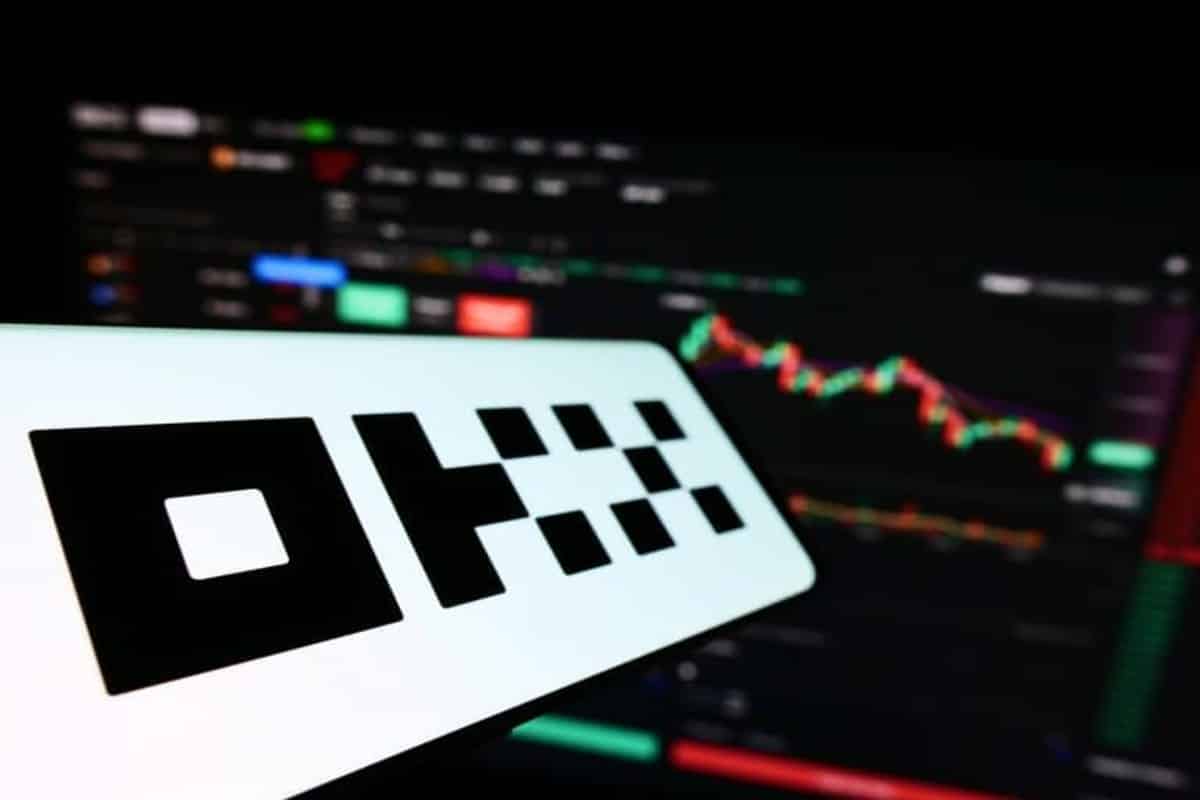OKX Expands Token Support, Adds Atomicals, Stamps, Runes, and Doginals to Platform

OKX, a prominent Web3 technology company, has announced its pioneering initiative to become the first platform to support four new inscription token standards, namely Atomicals, Stamps, Runes, and Doginals.
On January 29, OKX announced its plans to add Atomicals and Runes to its marketplace as part of its commitment to Bitcoin NFTs. Atomicals (ARC-20), Stamps (SRC-20), Runes, and Dogecoin’s Doginals (DRC-20) will be integrated into OKX’s Web3 Wallet.
"We see inscriptions as a powerful innovation that unlocks new ways for creators and collectors to build and own truly immutable and dynamic items."#OKX CIO @jasonklau explains how we're becoming the largest one-stop inscription ecosystem in #Web3: https://t.co/DqWrEoVtE4 pic.twitter.com/xzx5jatEyk
— OKX (@okx) January 29, 2024
OKX aims to solidify its position as a leading one-stop NFT ecosystem in Web3 by supporting token standards from Atomicals, Stamps, Runes, and Doginals on its Web3 Wallet. The integration of SRC-20 will start on February 5, allowing users to view and transfer Bitcoin token standards. Subsequently, OKX Wallet plans to incorporate ARC-20, DRC-20, and Runes standards in late February, enabling millions of users to buy and sell these NFTs with zero fees.
OKX Wallet’s NFT tool currently supports minting on 23 networks, including Bitcoin, Dogecoin, Ethereum, Polygon, BNB Chain, Avalanche-C, and Arbitrum One.
Jason Lau, Chief Innovation Officer at OKX, emphasized the platform’s commitment to driving mainstream adoption of Web3 technologies, making it easier for users to explore and realize the potential of NFTs. He stated;
“By empowering users to easily buy, sell, create, and trade leading token standards on one platform with zero trading fees, OKX is simplifying access and removing barriers so users can explore and realize the potential of inscriptions.”
Addressing concerns about potential blockchain congestion due to NFTs, Lau referred to these challenges as “growing pains” that are normal in the early stages of adoption, expressing confidence that these issues would be resolved over time.
With these additions, OKX Marketplace aims to become the largest NFT marketplace in the industry, offering zero-fee trading across an expanding range of token standards. OKX’s NFT offering is one of the most advanced in the industry, featuring features like hex error checking, liquidity across multiple standards, bulk minting capabilities, and automatic error detection.
OKX Expands Services with the Launch of OKX Wallet and Support for Ordinals on Bitcoin
The introduction of OKX Wallet further expands the platform’s offerings, catering to users exploring NFTs, the metaverse, and trading GameFi and DeFi tokens. OKX, known for being one of the fastest and most reliable crypto apps globally, is trusted by over 50 million users.
While OKX openly embraces Ordinals and other Bitcoin protocols, some members of the Bitcoin ecosystem express discontent, with some labeling Ordinals as digital spam. Jason Lau, the Chief Innovation Officer at OKX, disagrees with this characterization.
In a statement, Lau argues that there is “no such thing as spam in open and permissionless networks like Bitcoin.” He asserts that all transactions are valid as long as fees are paid and they conform to consensus rules. Lau stated:
“Historically, OKX has been a strong supporter of the Bitcoin ecosystem, being one of the earliest to support upgrades like SegWit, Taproot, and Lightning, and Ordinals are no different.”
Lau contends that Ordinals and inscriptions can open up new use cases for users and provide a fresh design space for developers. According to him, “inscriptions have the potential to be powerful digital collectibles as they store data and art on-chain and allow for new types of NFTs to be created.”
As the debate on the role of Ordinals and NFTs within the Bitcoin ecosystem continues, OKX’s proactive stance indicates a belief in the potential for Bitcoin-based NFTs and their ability to introduce innovative use cases and design possibilities.
On December 19, several blockchains encountered full or partial outages, including Arbitrum, Avalanche, Cronos, zkSync, and The Open Network. These disruptions were attributed to a surge in transaction activity triggered by individuals creating inscriptions on various networks, similar to the activity witnessed with Bitcoin Ordinals.








